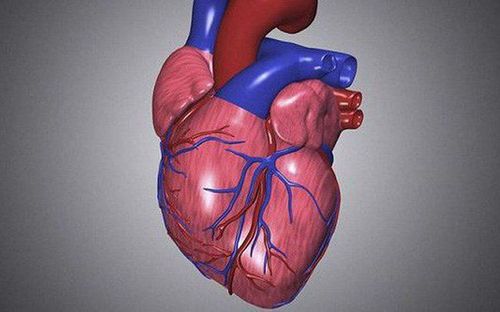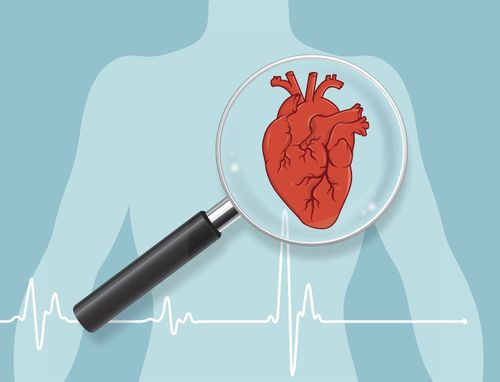This is an automatically translated article.
The article was professionally consulted by BSCK II Nguyen Quoc Viet - Interventional Cardiologist - Department of Medical Examination & Internal Medicine - Vinmec Danang International General Hospital.Normal pulse measurement reflects the state of health of the person. So what is the pulse rate of a normal person? In the case of a newborn, how many times does the pulse beat in 1 minute?
1. Normal pulse measurements for each age
Newborns: 120 - 140 times/minute; Children 1 year old: 100 - 130 times/minute; Children 5 - 6 years old: 90 - 100 times/minute; Children 10 - 15 years old: 80 - 90 times/minute; Adults: 60 - 80 times/minute; Elderly people: 60 - 70 times/minute.Trắc nghiệm: Bạn hiểu gì về sức khỏe tim mạch?
Bệnh tim không chỉ ảnh hưởng đến nam giới, mà còn là nguyên nhân gây tử vong hàng đầu ở phụ nữ. Các dấu hiệu lên cơn đau tim (nhồi máu cơ tim) của hai giới cũng có thể khác nhau. Cùng làm bài trắc nghiệm sau để xem bạn có chọn đúng những quyết định tốt cho tim hay không?
Bài dịch từ: webmd.com
The following content is prepared under supervision of Bác sĩ chuyên khoa I, Lê Thanh An , Nội Tim mạch , Khoa Khám bệnh & Nội khoa - Bệnh viện Đa khoa Quốc tế Vinmec Nha Trang
2. Factors affecting pulse measurement
Gender: Women have a faster pulse than men (about 7-8 times/1 minute); Age: The frequency of a normal pulse decreases with age, from infancy to the elderly; Timing: The pulse in the afternoon is usually faster than in the morning; Eating: After eating, the pulse rate increases due to increased metabolic rate; Movement, exercise: the pulse rate of normal people when exercising and doing sports will increase because the heart contracts more to meet the body's energy needs, most consumed; Psychological, emotional: When emotional, the frequency of the pulse often increases; Use of drugs: the use of certain drugs can stimulate the pulse to beat faster; conversely, sedatives or beta-blockers can reduce pulse rate.

3. What is the maximum pulse frequency?
The maximum pulse rate depends on age and sex. In women, maximum pulse rate is the result of 226 minus age; in men, maximum pulse rate is the result of 220 minus age; The pulse is rapid when the pulse measurement is > 100 beats/min and the pulse is slow when the pulse measurement is < 60 beats/min. Pulse staggered, sometimes strong, sometimes weak. Paradoxical pulse is common in people with pericardial effusion. A stiff and elusive pulse is common in people with atherosclerosis. Weak and elusive pulse is common in people with severe illness and shock. The frequency of the pulse will indicate the health of each person. Monitoring the pulse will help us have more basis to assess the state of cardiovascular health in particular and of the whole body in general.Doctor Nguyen Quoc Viet has more than 20 years of experience in the examination and treatment of cardiovascular diseases and Cardiovascular Interventions (Including angiography, dilation, stenting of coronary arteries, renal arteries...), placing temporary, permanent pacemaker... Before working at the Department of Medical Examination & Internal Medicine, Vinmec International General Hospital Da Nang, the doctor used to work for a long time at Da Nang Hospital.
Please dial HOTLINE for more information or register for an appointment HERE. Download MyVinmec app to make appointments faster and to manage your bookings easily.















